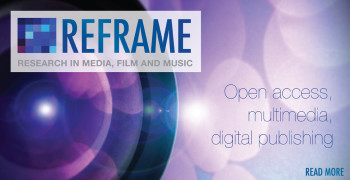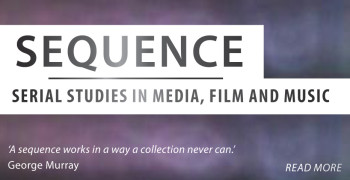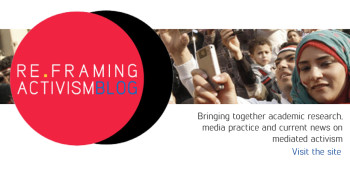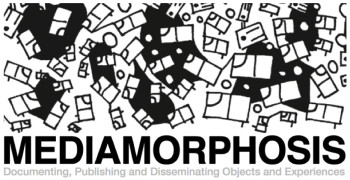
por María Vélez-Serna Today at Mediático we are delighted to present a report from LASA (Latin American Studies Association) 2024 in…

Continuing with this SLACextras takeover of Mediático we present Guy Wood’s post exploring the figure of the wild women in José…

Deborah Shaw, University of Portsmouth, UK As part of the SLACextras takeover of Mediatico, we are delighted to continue with…

Maria B. Clark, Carson Newman University Continuing with this SLACextras takeover of Mediatico we present Maria B. Clark’s examination of…

We continue this SLACextras takeover of Mediático with a piece by Deborah Martin, which takes as its starting point B…

We begin this SLAC extras take-over of Mediático with an excellent essay by Barbara Zecchi, which focuses on recent films…

Header image: Ventura Pons (Courtesy of Els Films de La Rambla) This week at Mediático we mark the passing of…

Today at Mediático we are delighted to present a first post by Isabel Seguí. Dr Seguí is a lecturer in…







